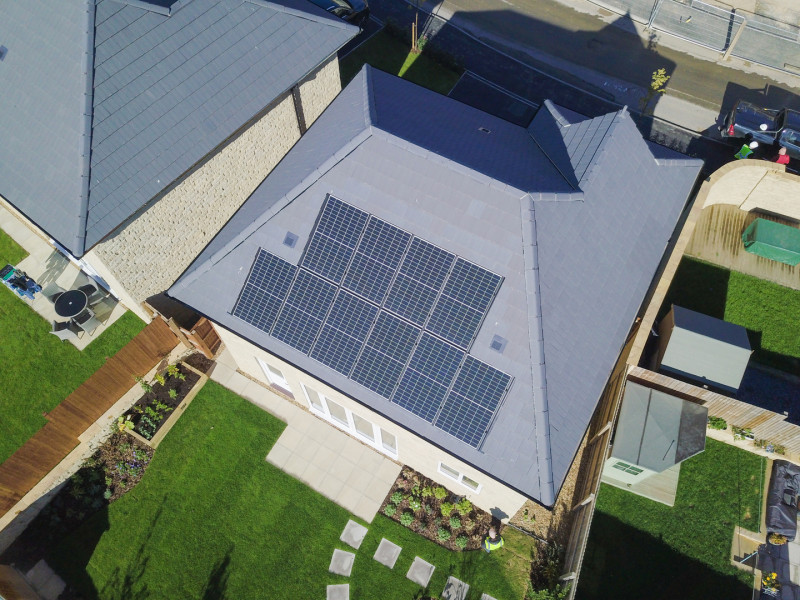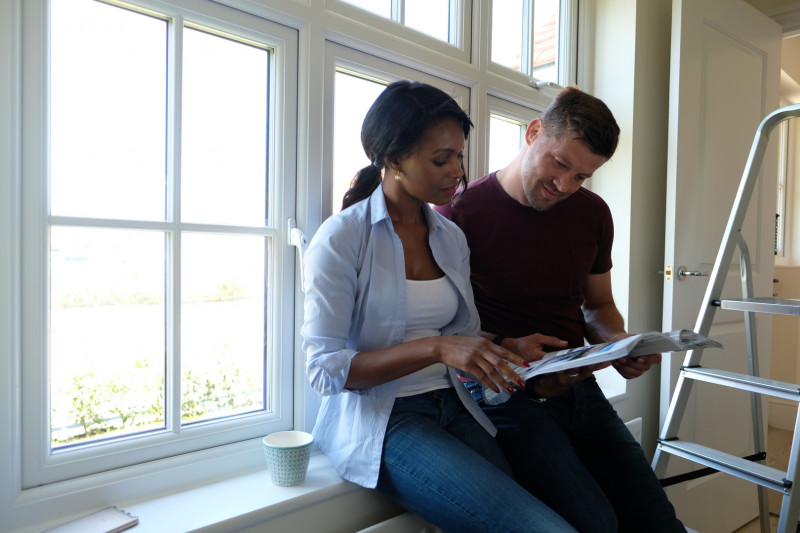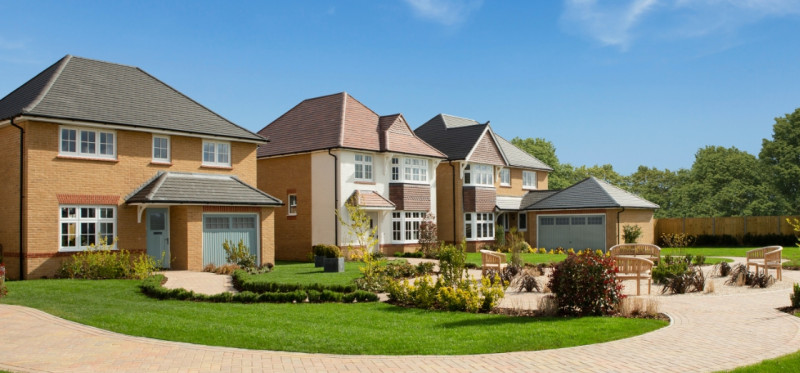With energy costs rapidly on the increase, we might all be reaching for the heating off-switch – unless, of course, we’re in a brand new home. Newer properties are far more energy efficient and help us to make huge savings and do our bit for the environment; and, while we can take measures to bring older properties up to today’s standards, it’s not without its difficulties or expense…

Why is a new home more energy efficient?
New homes, like those built by Redrow, are designed to deliver improved energy efficiency through design and orientation, water conservation measures, low energy lighting, and more.
Tackling climate change is one of the huge issues facing everyone today along with reducing spiralling energy costs, so both are key considerations.
The right layout and using materials and products which retain heat are crucial, along with greater insulation, high-specification doors and windows, efficient boilers, increased airtightness and energy-efficient lighting.
Many new homes, like our own, offer solar panels as standard or as an upgrade, which helpcut back on bills too and harness natural energy to help the environment, providing theanswer to that question: ‘How can I reduce my carbon footprint?’ by reducing emissions.

How much could I save in a new build?
New research by Unlatch suggests new homeowners could save up to £800 a year when energy bills jump by up to 54 per cent from April. The Unlatch research shows that theaverage existing household currently pays £825 per year in energy costs, with a new build home averaging just £401.
However, a 54 per cent increase – as determined by the energy regulator’s new price cap,coming into effect in April – would mean the average annual energy bill for an existing home jumping £633 to £1,457, while the average new-build would see a much smaller rise of just £312 to total £713 per year.
Why does an older property cost so much to run?
There are lots of reasons why older homes cost more to run – and they can often make someof the more endearing qualities of old-world charm rather less appealing.
An older home is usually filled with long-since outdated plumbing systems, old wiring,windows which let heat out and draughts in, and roofs with missing or loose tiles and poor insulation. They can also experience damp.
Like anything over time, the older a home is, the more problems can start appearing. Generally, the older the home, the more time you’ll need to spend on maintenance and,because of its age, parts and materials might be obsolete or difficult to acquire, so it could cost you more.
And if its character you crave, you can find a new home that still offers traditional craftsmanship and period style features, like those of Redrow’s
Heritage Collection, inspired by Arts and Crafts architecture.
How can I bring my old home up to today’s standards?
Many people would rather stay put and do up their home – but it’s not without its hassles.
Renovating an older property can be costly – there’s usually a kitchen and bathroom tomodernise and upgrade, an en-suite to add, a new roof, doors and windows, installing a newboiler and central heating system, re-wiring and decorating.
House renovations can cost an average of £56,000! According to Checkatrade, you can expect to pay between £38,000 – £74,000 to fully renovate a three-bedroom house. And that’s just the physical cost – not factoring in the search for a designer and architect if youwant internal reconstruction work carrying out, getting plans and building regulations approved, finding a reliable builder – and living with all that mess while the work is carried out.
Even with a strict budget, don’t be surprised if it ends up being more. Old houses come with surprises, and hidden issues can often make costs soar further.
What can I do to reduce my bills and help tackle carbon emissions?
Whether you’re in an older home or a brand-new property, you can always find ways to reduce running costs and cut back on bills.
- Turning your thermostat down by just 10-15% for eight hours a day can lower your annual heating bills by up to 10%
- Reduce your boiler flow temperature to 75°C (or even 65°C in summer) to save energy instead of the standard 80°C
- Make sure laundry loads are full and wash clothes in cold water whenever possible
- Dry your clothes outside in the fresh air, instead of using a tumble dryer (remember, if the ground is dry, your clothes will dry)
- Make sure your light fittings are energy efficient and switch the lights off in rooms you’re not using
- Cook smart – put lids on pans, only boil as much water in the kettle as you need and heat food in the microwave as it uses less energy than the oven.
How does energy efficiency help the environment?
Energy efficiency means using less power to perform an action such as switching on andusing a light, or to provide a service such as heating water.
Homes that use energy supplied from fossil fuels are responsible for significant emissions of carbon dioxide, and the race is on to reduce them and tackle climate change.
For more information on Redrow’s approach to sustainability see www.redrowplc.co.uk/sustainability


